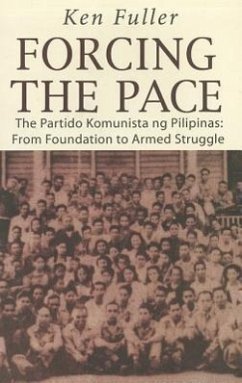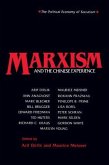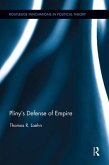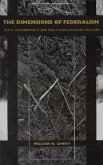Founded in 1930, the Partido Komunista ng Pilipinas (now called the PKP-1930 to distinguish it from the Communist Party of the Philippines, formed in 1969) was soon declared illegal by the U.S. colonial authorities. Regaining its legality later in the decade, by 1942 it was at the helm of the Hukbalahap, the most effective guerrilla organization during the Japanese occupation. With the reconquest of the Philippines by the returning American forces, the PKP and the Huks found themselves under attack by their presumed wartime allies. As congressmen elected as part of the postwar Democratic Alliance were prevented from taking their seats by President Roxas and Huk areas were bombarded by government forces, the PKP returned to guerrilla warfare. While at first adopting a defensive posture, in 1950 the party adopted a strategy for the seizure of power. By the mid-1950s, however, the "Huk rebellion" had been defeated by the Philippine government, guided and assisted by the U.S. Forcing the Pace analyzes the factors responsible for the PKP's many teething problems and the defeat of the Huk rebellion, taking issue with some previous accounts. Detailed consideration is given to PKP documents, many of which have not previously appeared in the literature on the subject.







